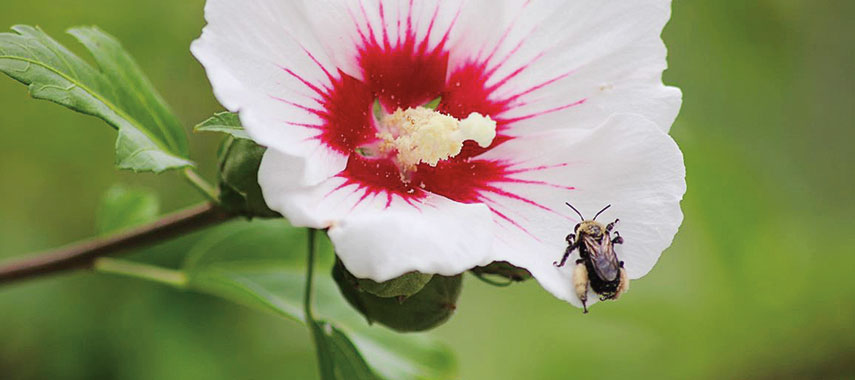How safe is your PIN passcode for using your debit and credit cards? U of G research suggests while many of us use PINs, or personal identification numbers, many times a day, few Canadians ever update their codes and others use the same one for everything. Solutions include digital wallets on smartphones or systems that
Is your PIN safe?









